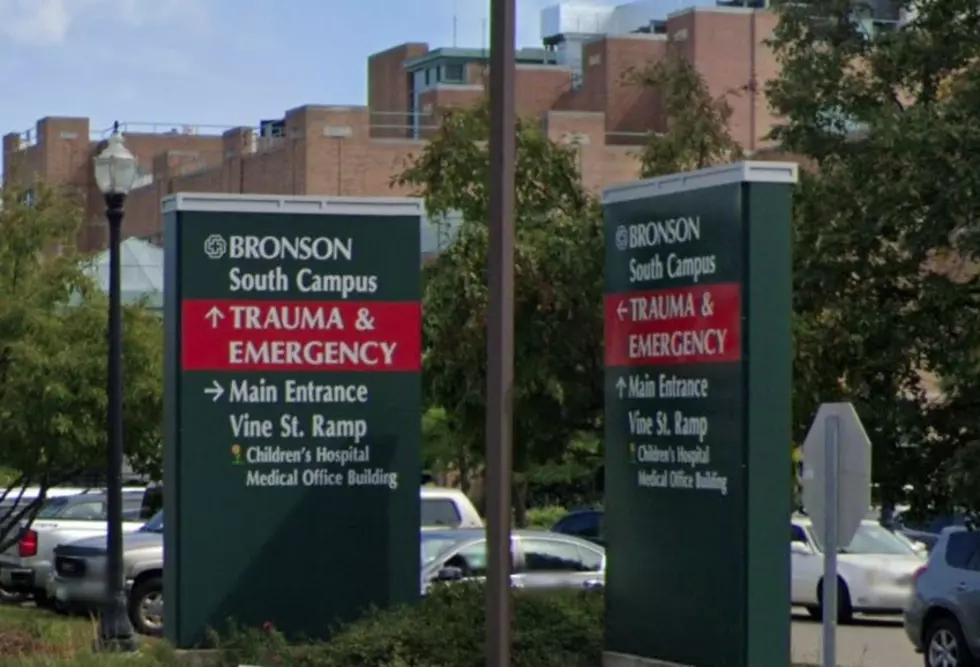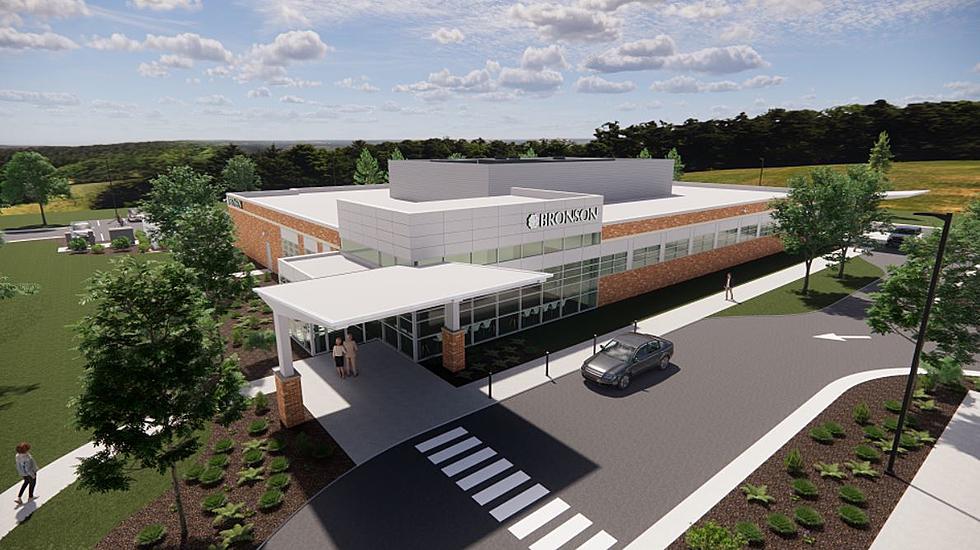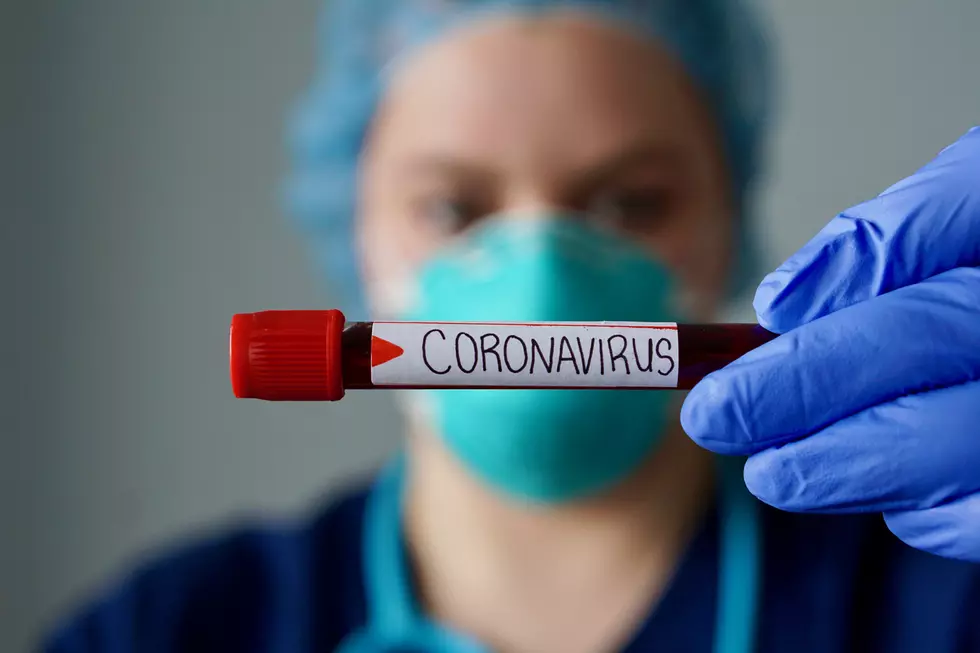
Bronson Healthcare Opens New Laboratory Facility in Downtown Kalamazoo
Bronson’s main testing laboratory which has operated for years on the Bronson Methodist Hospital North Campus now has its own dedicated space across the street in a newly constructed building at 400 John Street. As a full-service testing laboratory, it provides a broad array of clinical services to Bronson system hospitals, practices, and outpatient clinics as well as other providers and healthcare facilities throughout southwest Michigan. It processes orders received from lab draw sites but is not itself a site for patients to go to for specimen collection.
The new Bronson Lab Testing facility is located on the property between South Burdick and John streets that was previously home to the Kalamazoo Gazette. Bronson engaged local partners in developing the project; Tower Pinkster did the design and construction management was provided by CSM Group. The 55,000 square foot facility consists of three floors with dedicated areas for education, office and meeting spaces, in addition to the clinical areas. It is designed with a focus on modularity and utilizes new equipment for a streamlined end-to-end process that improves efficiency and turnaround time. The design also allows for flexibility of use and is adaptable to changing needs.
The concept of adaptability has recently proven its value, as the Bronson lab team was able to adapt existing platforms to support COVID-19 testing. Four COVID testing platforms were quickly created to support both polymerase chain reaction (PCR) testing and antibody testing. When the pandemic began, tests had to be sent out of state for processing. Having the ability to process them in-house brought turnaround time at Bronson from a week or more to the same day.
“Our new lab has the flexibility to handle not only present needs but also expected future growth as laboratory science continues to provide expanding diagnostic possibilities,” says Lois Van Enk, system director of Bronson Laboratory Services. “With over 300 staff who complete more than 3.5 million orders per year, we look forward to having more space and new technology to support this important work.”
Upwards of 70 percent of a patient’s medical record consists of laboratory data. Lab results offer crucial information that healthcare providers use to diagnose and treat any number of conditions. The Bronson lab’s extensive catalog of tests allows it to complete approximately 95 percent of all diagnostic testing in house. For any testing that cannot be done locally, Bronson partners with the Mayo Clinic laboratory, a world-renowned leader in healthcare.
The team of professionals staffing Bronson’s Lab Testing facility includes certified clinical laboratory scientists, phlebotomists, lab assistants, cytologists, histologists, and pathology assistants. The medical staff includes 12 board-certified anatomic and clinical pathology physicians who have additional board certifications in cytology, hematopathology, molecular pathology, and subspecialties of surgical pathology including dermatopathology.
The Bronson Lab is fully accredited by the College of American Pathologists and meets all standards of The Joint Commission. It offers a comprehensive range of services, including:
- Blood bank– Location where blood and plasma supplies are stored for transfusions
- Chemistry– Analysis of bodily fluids, like blood and urine, to help diagnose diseases and conditions
- Coagulation– Testing that determines whether you are at risk of bleeding too much or developing blood clots
- Cytology– Examining cells from the body to help diagnose diseases and conditions
- Dermatopathology– Examining skin cells from the body to help diagnose skin diseases and conditions
- Hematology– Examining blood cells from the body to diagnose blood-related diseases
- Histology– The study of examining cells under a microscope
- Immunology– Assists in understanding the functions and deficits of the body’s immune system
- Microbiology– Studying microorganisms to help diagnose infectious diseases
- Molecular diagnostics– Analyzing genes that may relate to infectious diseases, cancer, genetic disease or coagulation
- Pathology– The science of the causes and effects of diseases, especially the branch of medicine that deals with the laboratory examination of samples of body tissue for diagnostic purposes
- Result reporting– Communicating lab results to a patient and their doctor
- Specimen processing– Where specimens (blood, urine, bacteria cultures, body tissue, etc.) are received, organized and entered into the Epic electronic medical records
- Urinalysis– Testing urine to detect a variety of conditions, diseases and disorders

READ ON: Weird, wild UFO sightings from throughout history
More From WBCKFM









